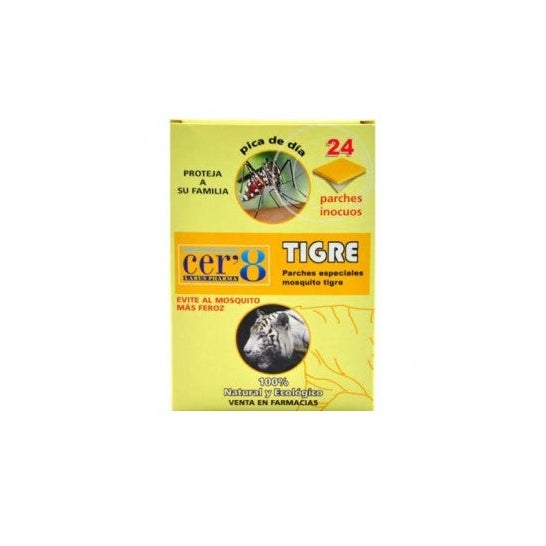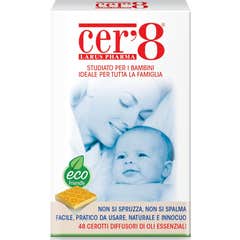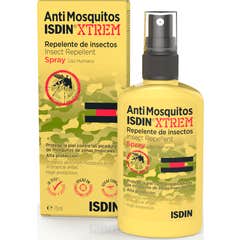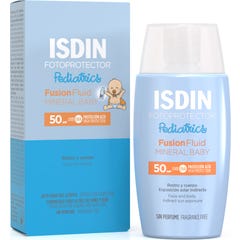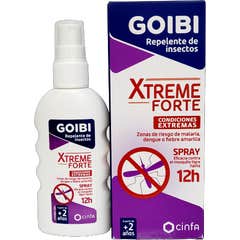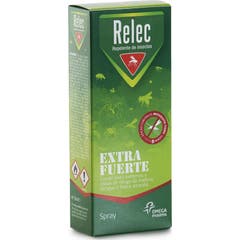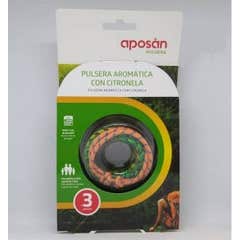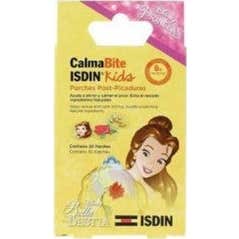CER'8 24 mosquito repellent patches
Log into your account and set up an alert to be notified when the product becomes available again.
Do you want us to notify you when it is available?
CER'8 24 mosquito repellent patches
Description
Unit price
Pharmaceutical Advice
Spring and summer are the peak seasons for mosquitoes and their annoying bites. But why do we attract them? The answer lies in three chemical compounds that we generate as humans: lactic acid, the amount of carbon dioxide we exhale and octenol. Our body temperature and odour, which depends on each person's skin microbiota, also work as a lure for these insects.
All these factors are uncontrollable, so, to repel mosquitoes and avoid having to deal with their annoying bites, you can only try to affect the insect's receptors. This is where mosquito repellents come in, popularly known as anti-mosquito repellents, which manage to confuse the insects, preventing them from locating the person they are trying to bite. We can find repellents with a chemical base, such as DEET, icaridin or IR3535®. They are used to avoid insect bites from the common mosquito, tiger mosquito and/or fleas due to their high effectiveness and low toxicity for the skin.
In specific situations (sensitive skin, children, during pregnancy, etc.) some repellents are more suitable than others and it is advisable to consult a healthcare professional. It should be noted that mosquitoes and other insects are vectors of diseases. This is particularly important when travelling to tropical areas with endemic mosquito-borne diseases. In these cases, biocidal repellents should be prioritised because of their greater efficacy.
On the other hand, there are organic or plant-based mosquito repellents, such as citriodiol or citronella oil (the latter is not biocidal and is less effective). Botanical repellents are extracted from plants that produce defensive substances against insect attacks. These active substances are generally present in higher concentrations in some of the botanical species' essential oils (Eucalyptus and Cymbopogon).
Finally, you can take some precautions to minimise insect bites: wearing cotton clothing in discreet colours that cover as much skin as possible and avoiding using perfumes or cosmetics with intense scents. In high-risk areas, use mosquito nets. And, in the event of an intense reaction after a bite or if you feel unwell, you should seek medical attention.
Safety and product information
Safety visual aids
At this time we do not have safety images for this product, but we are working on it. We encourage you to check back later for updates. In the meantime, we recommend that you read the safety information that comes with the product before using it. If you have any questions about safety, please do not hesitate to contact us. Also, if you wish, you can also return the product by following our general terms and conditions.
Manufacturer details
At the moment we do not have the manufacturer's details, but we are working to add them as soon as possible. We invite you to check back later for updates. If you have any questions, please do not hesitate to contact us, we will be happy to help you. contact us.
RELATED SEARCHES ABOUT Shampoo
New in Antiparasitic
- Arkopharma Stop Piolhos Champô Tratamento 200ml
- Giropharm Lili Champú de Ducha 2 en 1 500ml
- Alphanova Sante Roll-On Bebé Anti Mosquitos 30ml
- Bastapoux Tratamiento Express Anti-Piojos & Liendres 100ml
- Alphanova Sante Spray Bebé Antimosquitos Especial Textil 50ml
- Parakito Spray Familiar Antimosquitos 30ml
- Mousti'Kill Antimosquitos Pulgas y Garrapatas Vainilla 100ml
- Puressentiel Anti Piojos Cofre Looney Tunes
- Pranarôm Aromapar+ Loción Tratamiento Flash 100ml
- Valquer Acondicionador Bifásico Preventivo Infantil 300ml

